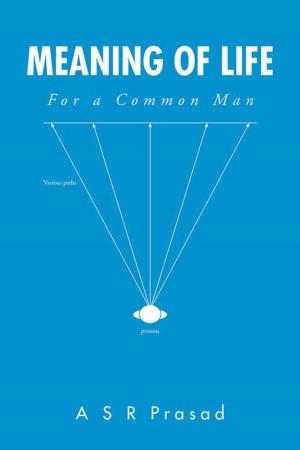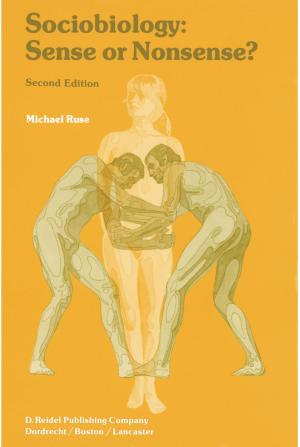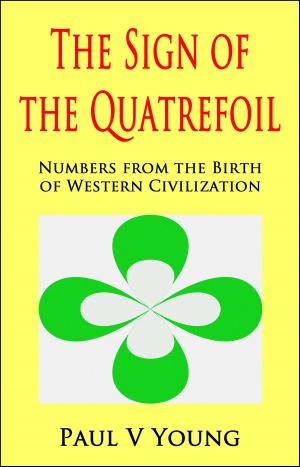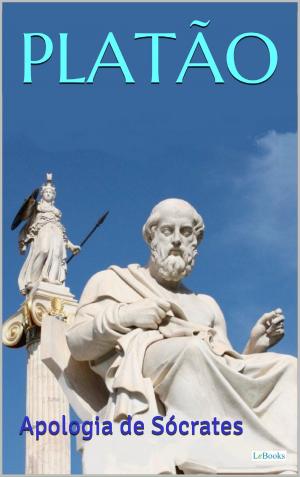| Author: | G.K. Chesterton | ISBN: | 1230003178836 |
| Publisher: | Patristic Publihshing | Publication: | April 11, 2019 |
| Imprint: | Language: | English |
| Author: | G.K. Chesterton |
| ISBN: | 1230003178836 |
| Publisher: | Patristic Publihshing |
| Publication: | April 11, 2019 |
| Imprint: | |
| Language: | English |
Gilbert Keith Chesterton was born in London, England on the 29th of May, 1874. Though he considered himself a mere “rollicking journalist,” he was actually a prolific and gifted writer in virtually every area of literature. A man of strong opinions and enormously talented at defending them, his exuberant personality nevertheless allowed him to maintain warm friendships with people — such as George Bernard Shaw and H.G. Wells — with whom he vehemently disagreed.
Chesterton had no difficulty standing up for what he believed. He was one of the few journalists to oppose the Boer War. His 1922 “Eugenics and Other Evils” attacked what was at that time the most progressive of all ideas, the idea that the human race could and should breed a superior version of itself. In the Nazi experience, history demonstrated the wisdom of his once “reactionary” views.
His poetry runs the gamut from the comic 1908 “On Running After One’s Hat” to dark and serious ballads. During the dark days of 1940, when Britain stood virtually alone against the armed might of Nazi Germany, these lines from his 1911 "Ballad of the White Horse" were often quoted:
I tell you naught for your comfort,
Yea, naught for your desire,
Save that the sky grows darker yet
And the sea rises higher.
Though not written for a scholarly audience, his biographies of authors and historical figures like Charles Dickens and St. Francis of Assisi often contain brilliant insights into their subjects. His Father Brown mystery stories, written between 1911 and 1936, were adapted for television.
His politics fitted with his deep distrust of concentrated wealth and power of any sort. Along with his friend Hilaire Belloc and in books like the 1910 What’s Wrong with the World he advocated a view called “Distributionism” that was best summed up by his expression that every man ought to be allowed to own “three acres and a cow.” Though not known as a political thinker, his political influence has circled the world. Some see in him the father of the “small is beautiful” movement, and a newspaper article by him is credited with provoking Gandhi to seek a “genuine” nationalism for India rather than one that imitated the British.
Heretics belongs to yet another area of literature at which Chesterton excelled. A fun-loving and gregarious man, he was nevertheless troubled in his adolescence by thoughts of suicide. In Christianity he found the answers to the dilemmas and paradoxes he saw in life. Other books in that same series include his 1908 Orthodoxy (written in response to attacks on this book) and his 1925 The Everlasting Man.
Chesterton died on the 14th of June, 1936 in Beaconsfield, Buckinghamshire, England. During his life he published 69 books and at least another ten based on his writings have been published after his death.
This collection brings together 25 of his most famous works:
All Things Considered
The Ball and the Cross
The Ballad of the White Horse
The Club of Queer Trades
The Defendant
Eugenics and Other Evils
Heretics
The Innocence of Father Brown
Magic: A Fantastic Comedy
The Man Who Knew Too Much
The Man Who Was Thursday
Manalive
The Napoleon of Notting Hill
Orthodoxy
The Pre-Existence of Christ in Scripture, Patristics, and Creed
A Short History of England
St. Thomas Aquinas
The Superstition of Divorce
Tales of the Long Bow
The Trees of Pride
Tremendous Trifles
The Victorian Age in Literature
What I Saw in America
What is Right with the World
What's Wrong With the World
The Wisdom of Father Brown
The Everlasting Man
Gilbert Keith Chesterton was born in London, England on the 29th of May, 1874. Though he considered himself a mere “rollicking journalist,” he was actually a prolific and gifted writer in virtually every area of literature. A man of strong opinions and enormously talented at defending them, his exuberant personality nevertheless allowed him to maintain warm friendships with people — such as George Bernard Shaw and H.G. Wells — with whom he vehemently disagreed.
Chesterton had no difficulty standing up for what he believed. He was one of the few journalists to oppose the Boer War. His 1922 “Eugenics and Other Evils” attacked what was at that time the most progressive of all ideas, the idea that the human race could and should breed a superior version of itself. In the Nazi experience, history demonstrated the wisdom of his once “reactionary” views.
His poetry runs the gamut from the comic 1908 “On Running After One’s Hat” to dark and serious ballads. During the dark days of 1940, when Britain stood virtually alone against the armed might of Nazi Germany, these lines from his 1911 "Ballad of the White Horse" were often quoted:
I tell you naught for your comfort,
Yea, naught for your desire,
Save that the sky grows darker yet
And the sea rises higher.
Though not written for a scholarly audience, his biographies of authors and historical figures like Charles Dickens and St. Francis of Assisi often contain brilliant insights into their subjects. His Father Brown mystery stories, written between 1911 and 1936, were adapted for television.
His politics fitted with his deep distrust of concentrated wealth and power of any sort. Along with his friend Hilaire Belloc and in books like the 1910 What’s Wrong with the World he advocated a view called “Distributionism” that was best summed up by his expression that every man ought to be allowed to own “three acres and a cow.” Though not known as a political thinker, his political influence has circled the world. Some see in him the father of the “small is beautiful” movement, and a newspaper article by him is credited with provoking Gandhi to seek a “genuine” nationalism for India rather than one that imitated the British.
Heretics belongs to yet another area of literature at which Chesterton excelled. A fun-loving and gregarious man, he was nevertheless troubled in his adolescence by thoughts of suicide. In Christianity he found the answers to the dilemmas and paradoxes he saw in life. Other books in that same series include his 1908 Orthodoxy (written in response to attacks on this book) and his 1925 The Everlasting Man.
Chesterton died on the 14th of June, 1936 in Beaconsfield, Buckinghamshire, England. During his life he published 69 books and at least another ten based on his writings have been published after his death.
This collection brings together 25 of his most famous works:
All Things Considered
The Ball and the Cross
The Ballad of the White Horse
The Club of Queer Trades
The Defendant
Eugenics and Other Evils
Heretics
The Innocence of Father Brown
Magic: A Fantastic Comedy
The Man Who Knew Too Much
The Man Who Was Thursday
Manalive
The Napoleon of Notting Hill
Orthodoxy
The Pre-Existence of Christ in Scripture, Patristics, and Creed
A Short History of England
St. Thomas Aquinas
The Superstition of Divorce
Tales of the Long Bow
The Trees of Pride
Tremendous Trifles
The Victorian Age in Literature
What I Saw in America
What is Right with the World
What's Wrong With the World
The Wisdom of Father Brown
The Everlasting Man















